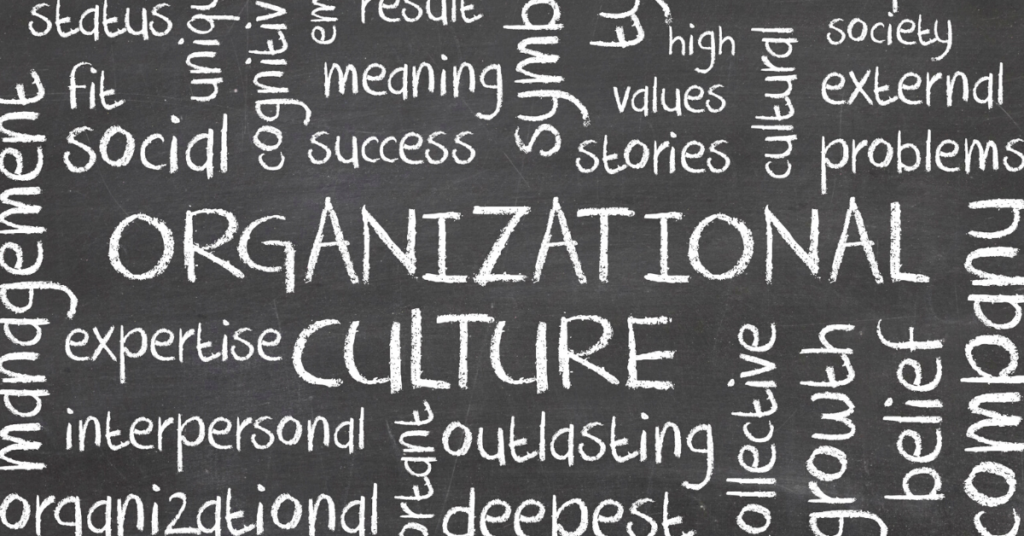Heraclitus, the Greek philosopher said “Character is Destiny”. How you act now will be remembered for a long time and will shape your company into the future. Your team is looking to you to lead them through this crisis. Anything less is undeserving of them following you anywhere.
As your company leader, or as a leader in your company, you must lead with empathy, direction, clarity, information, encouragement and most importantly facts.
Unless your team is making N95 Masks, they are nervous about the viability of the company and their job. Be empathic to their situation as well as the collective situation. Be honest about the true state of the company and what needs to be done to make sure the company survives and thrives. Let them know how they can contribute more to make sure the company survives and thrives. Bring them into the conversation and bring them closer by asking for ideas on how they can contribute more. More than ever want the company to survive just as much as you do.
Our company, Pacific Workers’ Compensation Law Center represents thousands of injured workers in their claims against the insurance companies. Our clients are going through active injuries – still treating with doctors to try to get better and return to work. Virus or no virus – their treatment and cases have to continue.
Five days before the lockdown order in the Bay Area our entire team (with the exception of people scanning and sending out mail) went remote. Our management team had been following the spread of the virus for close to a month. We realized that if one team member got sick our office would have to close. We wanted to be ahead of the issue and knew we had to get our team remote as quickly as possible. When we made the decision to move, we were able to do so in less than 72 hours.
Despite the environment, our team still crushed their goals in March, we continue to sign new cases and have even decided to expand to new markets.
How were we able do to all this? In one word – Culture.
Here are the top five things we have learned that will help your culture during the crisis.
Discipline is Process
We are a company that focuses on process and procedure. No matter what the size of your company, your goal is to be the best in the world at what you do (in your marketplace). Getting great means everyone must do things the same way each time.
However, we don’t mandate that the team must do things the same way each time without asking them what the right way is. Your team must be involved, people must have autonomy over their job and that means bringing them into the process. Don’t mandate from the ivory tower. Let the team decide on best practices needed. Remember, process does not replace judgment.
After moving home, we immediately began working on new processes. Our long term goal of a true paperless law firm may finally come true. This crisis has exposed the flaws in many of our processes. Now is the opportunity to involve your team and get those fixed.
Encourage Space for Personal Time
Clearly these are unprecedented times. The stress is compounding for everyone. Many of our team are parents – which now makes them homeschool teachers in addition to their day job. Encourage your team to take care of their family and themselves first. We give our team extra time every day to focus on themselves and the added responsibilities they have. The only thing we ask is that they let their direct team members know their schedule and when they will be unavailable. We encourage them to turn off all forms of communication during that personal time. For me, I’m still meditating and working out every morning in our new makeshift gym in the living room (we have a small house in the Oakland Hills) I have also been trying to take a nap everyday just after lunch.
Encourage your team to take care of the personal things they need to, even if it cuts into the normal work hours. Be supportive and understanding.
Reinforce and Practice Your Values
Most companies don’t have a stated mission or values. If you don’t have them, get them in writing and out to your team. If you do have them – now is the best time in your company history to talk about them, live them and lean into them. One of our core values is empathy – but this empathy isn’t just to the clients, it’s to the team as well. Your values give the team rules to live by and how to operate in this crisis.
Check-In With People Not On People
The word Culture comes from the latin word Cultus which means to care. Any great culture starts with caring about people. This crisis has raised your need as a leader to care and give more. Especially to those on your team. Make it a point to check in with people on your team. See how they are, what challenges they are facing, how you can better adapt. These aren’t micromanaging sessions, these are caring sessions. Get their ideas and most importantly. Thank them. The companies that lead with “you are lucky to still have a job” won’t have a company for very long.
Together Time Continues
Our company has over 50 company events a year. Yes, 50! We get together weekly to celebrate birthdays, company anniversaries, personal and client wins. We also have quarterly happy hours, monthly lunches, an anniversary party, a holiday party and a massive summer bbq for our team their families, vendors and our community.
We are not letting the crisis stop our internal community. Aside from using our video technology for our various team meetings, we are getting together for virtual lunches, happy hours and our weekly wheel spin – now we just have people bring their own beer, wine and drinks. We have even launched a fundraising challenge for Best Buddies, an organization supporting intellectually developmentally disabled in the workforce. One of our team members is from Best Buddies.
We are not letting this crisis stop us from being a team, so we continue to push forward. Separate does not mean apart.
Making sure your culture is strong is what is going to keep your team focused and your company thriving during the crisis. Your job as a leader is to take care of the employees, the employees will take care of the clients and the clients will take care of all of you.
______________________________
Eric Farber is the author of the bestselling book, The Case for Culture, How to Stop Being a Slave to Your Law Firm, Grow Your Practice and Be Happy. Eric is on a mission to change how law firms operate by showing lawyers the value of putting culture first. During his twenty-five years as a lawyer, Eric has lived the transformation from scarcity to abundance that becomes possible when you shift your perspective and prioritize people. As the CEO and chief legal officer of Pacific Workers’ Compensation Law Center, Eric’s focus on culture helped him build a seven-figure firm that’s gone from four people to fifty in just over five years, been an Inc. 5000 company twice, was named to the Bay Area 100 list of fastest-growing companies, and spent two consecutive years in the top fifty of Law Firm 500.
The Case for Culture was named by Forbes Magazine as a Top 8 Book to “Reconsider How You Manage Relationships“.
You can find your copy of the Case for Culture at Amazon, in hardback, paperback or Kindle.


